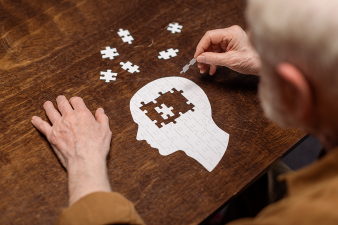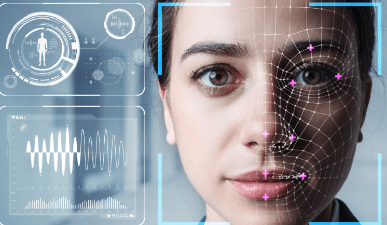
What Are the Early Dementia Screening Tests?
Early detection of dementia is crucial for better management of the condition. Screening tests can help identify potential cognitive impairment before it progresses. Here are some of the most common early dementia screening tests:
- Mini-Mental State Examination (MMSE): This is one of the most widely used tests for screening dementia. It evaluates memory, attention, language skills, and spatial orientation. The test consists of simple questions and tasks, such as counting backward or recalling a short list of words.
- Montreal Cognitive Assessment (MoCA): Another popular screening tool, MoCA is designed to assess a broader range of cognitive functions, including executive function, attention, memory, and language. It is more sensitive than the MMSE for detecting early signs of dementia.
- Clock Drawing Test: This simple test asks individuals to draw a clock with a specific time. It helps evaluate visual-spatial skills and cognitive function.
These tests are often used by healthcare professionals as part of a comprehensive assessment to detect early dementia symptoms. If results indicate potential impairment, further testing and evaluations will follow.
How Can You Perform a Cognitive Impairment Test for Dementia?
Cognitive impairment tests for dementia are essential for identifying changes in brain function. These tests assess various cognitive abilities, including memory, attention, problem-solving, and language skills. Here's how cognitive impairment tests are typically performed:
- Neuropsychological Testing: This involves a series of tests that measure memory, attention, reasoning, and problem-solving. These tests are administered by a trained professional and can provide valuable insight into cognitive function.
- Computerized Cognitive Testing: Some tests are now available online or through specialized software. These computerized assessments are designed to evaluate attention, memory, and other cognitive functions in a controlled environment.
- Observational Assessments: In some cases, doctors or psychologists may observe behavior and cognitive abilities over time to assess changes in function. This method can help track the progression of cognitive impairment.
These cognitive tests are important tools for identifying dementia and other related conditions, and they help healthcare providers determine the best course of action for treatment and care.
Can You Take an Alzheimer's Dementia Test Online?
Alzheimer's disease is one of the most common causes of dementia, and early diagnosis is crucial for managing the condition. Fortunately, there are several online tools and assessments that can provide preliminary information about cognitive health. Here are a few options for taking an Alzheimer's dementia test online:
- Self-Assessment Questionnaires: Many reputable health organizations provide online questionnaires to help individuals evaluate their cognitive symptoms. These self-assessments can help identify common signs of Alzheimer's, such as memory loss, confusion, and difficulty with daily tasks.
- Online Cognitive Screening Tests: Some online platforms offer cognitive screening tests that assess memory, attention, and other cognitive functions. While these tests are not a substitute for a professional diagnosis, they can help individuals understand if they should seek further evaluation.
- Memory Test Apps: There are mobile apps that allow users to take memory tests, track cognitive changes, and monitor their mental health over time. These apps can be a helpful tool for self-monitoring cognitive health.
While these online tests can be a valuable resource, they should not replace consultations with healthcare professionals for a formal diagnosis.
How to Test for Memory Loss and Dementia Symptoms?
Memory loss is one of the most common symptoms of dementia, but it is not always easy to distinguish between normal aging and the onset of dementia. Here are some steps to help identify memory loss and dementia symptoms:
- Track Memory Loss: Keeping a journal or diary to note any changes in memory can help you recognize patterns. Are you forgetting appointments, names, or familiar tasks more frequently?
- Evaluate Day-to-Day Functioning: Pay attention to whether memory problems are affecting your ability to perform daily activities, such as cooking, managing finances, or following conversations. If these tasks are becoming increasingly difficult, it may be time to seek professional help.
- Seek Professional Assessment: If you or a loved one is experiencing significant memory loss or other cognitive symptoms, it's important to consult a healthcare provider for a comprehensive evaluation. Doctors can conduct diagnostic tests and refer you for further assessments if necessary.
Conclusion
Testing for dementia symptoms is an essential step in detecting cognitive impairment and ensuring early intervention. Early dementia screening tests, cognitive impairment assessments, and Alzheimer’s tests can provide valuable information to help individuals manage their condition effectively. If you or someone you know is experiencing memory loss or other cognitive issues, seeking professional help as soon as possible can lead to better outcomes and a higher quality of life.












